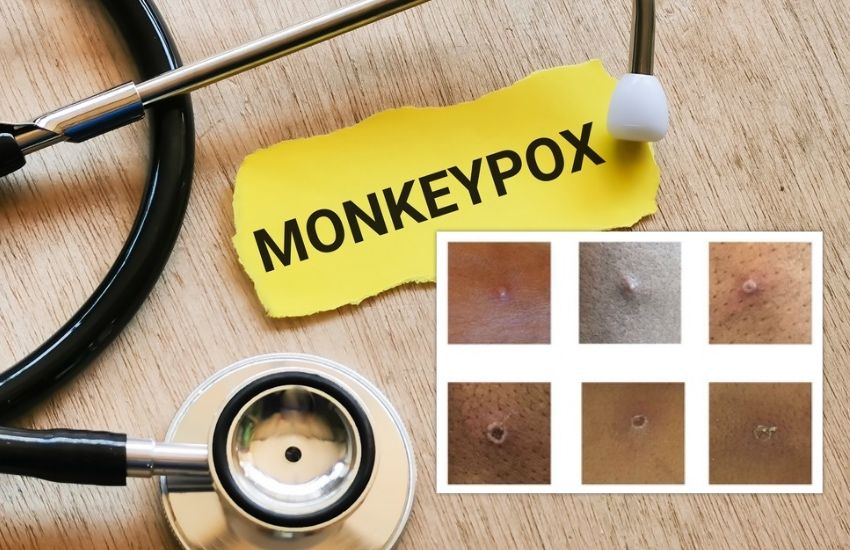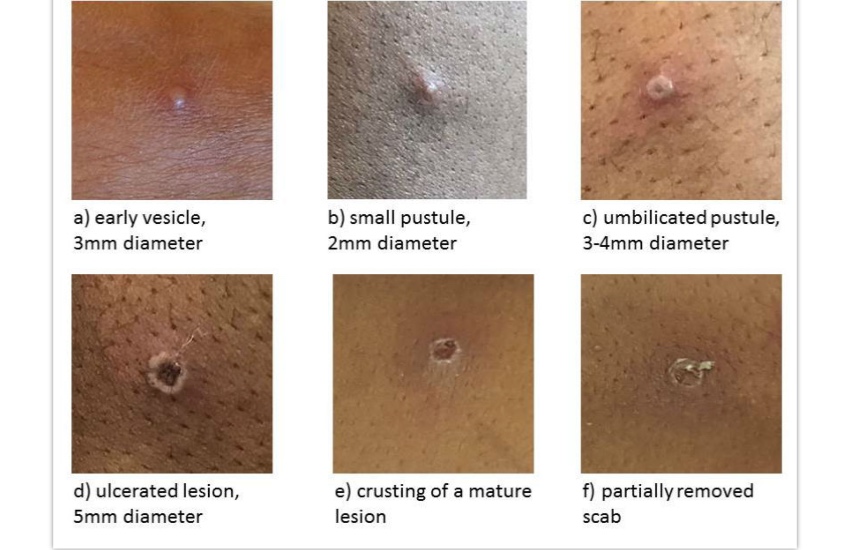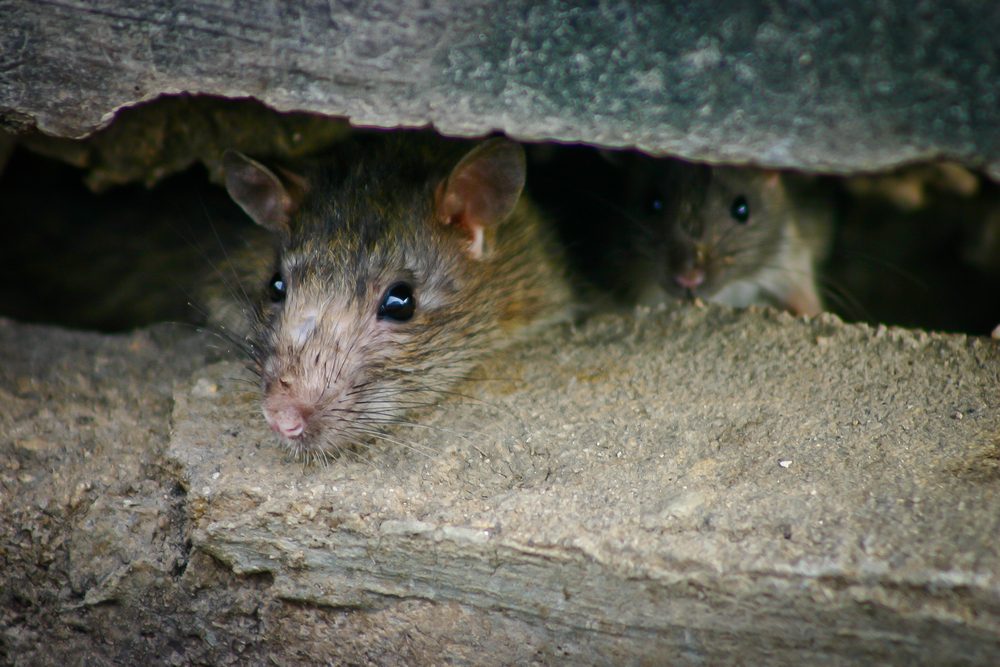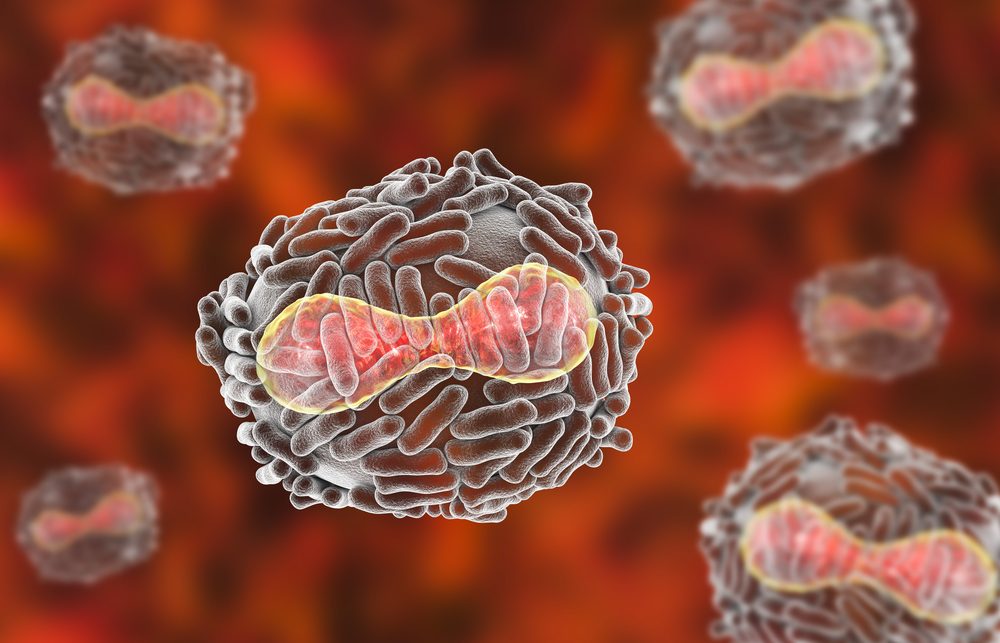


Islanders have been advised to “be vigilant” of monkeypox following an increase of confirmed cases in Europe, including England.
The Committee for Health and Social Care issued a safety notice to primary and secondary healthcare providers but says the likelihood of catching the virus in the Bailiwick “remains very low”.
The pox-like virus was first discovered in 1958 in monkeys kept for research, with the first human case recorded in 1970 in the Democratic Republic of the Congo.
Previous cases of monkeypox in the UK were usually associated with travel to West Africa, with “a small number of travel-associated cases” reported in the UK in early May.

Pictured: The safety message issued to local healthcare providers provided a link to images of monkeypox on the gov.uk website.
Four more cases had been detected in the UK at the time of the Director of Public Health, Dr Nicola Brink's safety message earlier this week.
“All of these cases are unconnected with the previous cases and do not have a travel history to a country where smallpox is considered to be endemic. They appear to have been infected in London,” said Dr Brink.
“All 4 of these cases self-identify as gay, bisexual or other men who have sex with men.”
Dr Brink said that the virus is “usually a mild, self-limiting illness, spread by very close contact with someone with monkeypox and most people recover within a few weeks”.
“Initial symptoms of monkeypox include fever, headache, muscle aches, backache, swollen lymph nodes, chills and exhaustion. A rash can develop, often beginning on the face, then spreading to other parts of the body including the genitals,” she said.
“In most cases, it takes between one and two weeks after exposure to get sick from the monkeypox virus, but it could take as long as three weeks. The illness typically runs its course in 2 to 4 weeks.”

Pictured: Monkeypox can be carried by rodents, including mice and rats.
The UK Health Security Agency (UKHSA) confirmed yesterday that a further two cases had been recorded, bringing the UK total to nine cases since 6 May.
In a statement issued by the UKHSA, it said that the two new cases did not have known connections with previously confirmed cases and that it is “working closely with the NHS and other stakeholders to urgently investigate where and how recent confirmed monkeypox cases were acquired”.
Cases of the virus are also reported to be increasing in other European countries, with “more than 20 suspected cases” in Portugal, five of which had been confirmed as of 18 May.
“The likelihood of catching this infection in the Bailiwick currently remains very low,” said Dr Brink.
“However, we would advise all islanders to be vigilant and seek advice from their GP if they are concerned, particularly if they are immunosuppressed.
“Monkeypox does not spread easily between people, although transmission may occur when a person comes into close contact with an animal (rodents are believed to be the primary animal reservoir for transmission to humans), human, or materials contaminated with the virus.”
The virus can enter the body through broken skin, eyes, nose or mouth.
Dr Brink continued: “Person-to-person spread is very uncommon but may occur through contact with clothing or linens used by an infected person, direct contact with monkeypox skin lesions or scabs or coughing or sneezing of an individual with a monkeypox rash.”

Pictured: Monkeypox is a type of orthopoxvirus, a family of viruses that also includes smallpox and cowpox.
“We are still learning more about the evolving situation in relation to how this virus is being transmitted," continued Dr Brink.
“Whilst we acknowledge that the four cases with no travel history of contact with a known case of monkeypox identified in England yesterday self-identify as gay, bisexual or other men who have sex with men, I would caution against reaching conclusions until we have more evidence.”
An NHS safety message, which has been modified for Guernsey, advises healthcare providers “to ensure that they have appropriate PPE for the assessment and treatment of patients presenting with possible monkeypox virus.”
It continues that healthcare services should “consider a differential diagnosis of monkeypox virus in any patient who meets the possible case definition” and that “appropriate testing and infection control measures” are implemented where a diagnosis of monkeypox is being considered.
Comments
Comments on this story express the views of the commentator only, not Bailiwick Publishing. We are unable to guarantee the accuracy of any of those comments.